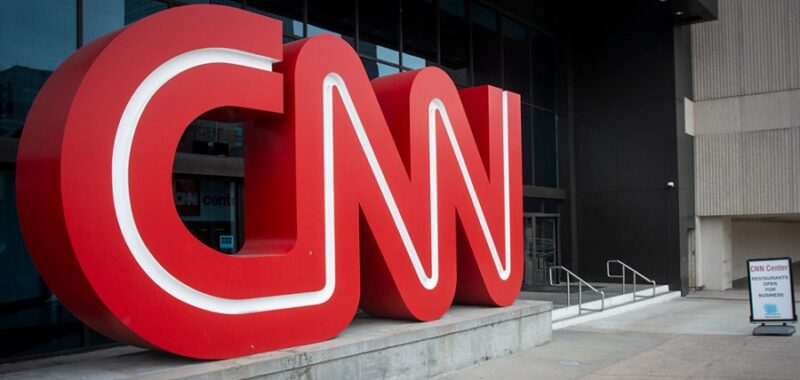
CNN and Reuters announced Tuesday that their media organizations would launch digital paywalls.
In a release, CNN said it would be “laying the first bricks in a so-called paywall” asking “some” of its visitors to pay $3.99 a month for access.
“Staring today, we are asking users in the United States to pay a small recurring fee for unlimited access to CNN.com’s world-class articles,” Alex MacCallum, CNN’s executive vice president of digital products and services, wrote to the organization.
Average visitors to CNN’s site will not be prompted with a pay wall at this time, the company said. MacCallum said users would only be prompted to subscribe after they consume a “certain number” of free articles.
Those who subscribe will receive exclusive election features, original documentaries and curated articles, and fewer ads, the company said.
Reuters, another global news site like CNN, announced Tuesday that it would launch digital subscriptions for its website and mobile app starting in early October.
The plan will impact users globally and be available for $1 a week. Reuters said it’s pricing plan is “simple and transparent.” There are no “introductory offers or surprise price increases,” the company said.
“Trusted, unbiased, agenda-free news is essential in an era rife with misinformation. This new subscription plan ensures Reuters can expand the reach of its award-winning coverage at an affordable price, while allowing us to further invest in our reporting and products for subscribers,” Reuters President Paul Bascobert said in a statement.
Reuters said users will be able to access a “limited number” of free articles before receiving an offer to subscribe. It will first start in Canada, followed by several European countries and then the United States.
Several news organizations over the past decade have moved their organizations toward a paywall or subscriber-based funding model to make ends meet.
The announcements Tuesday come less than 40 days before the U.S. presidential election.

